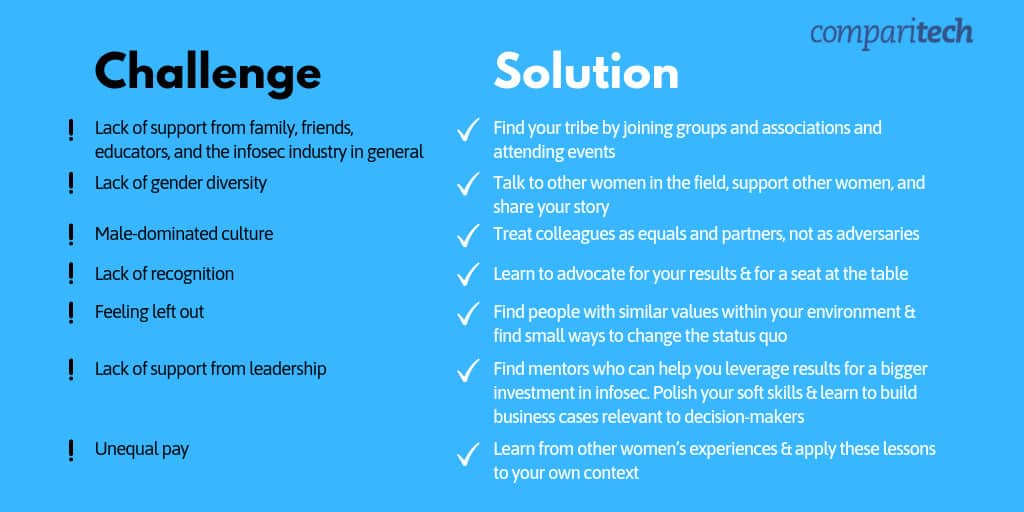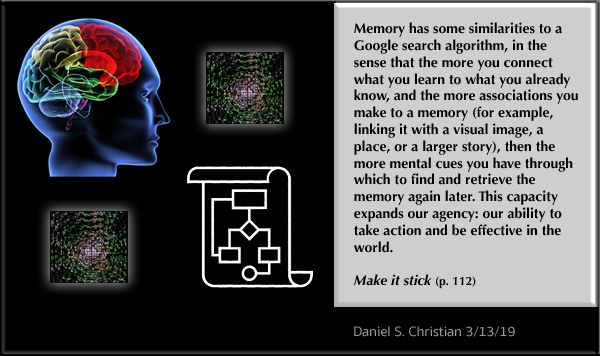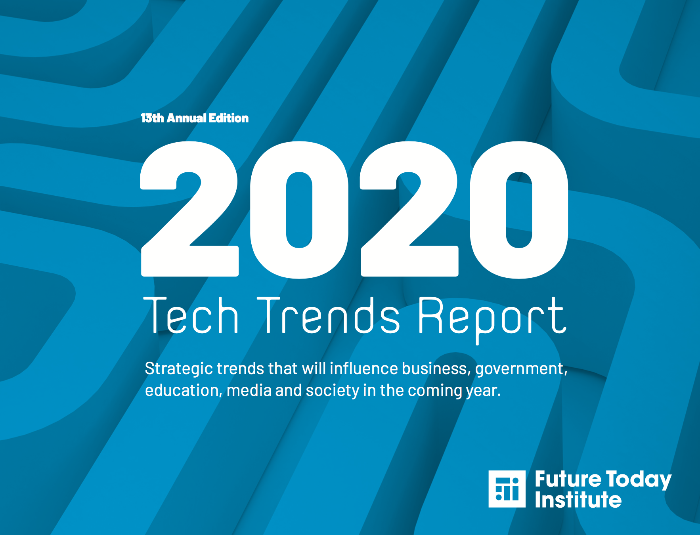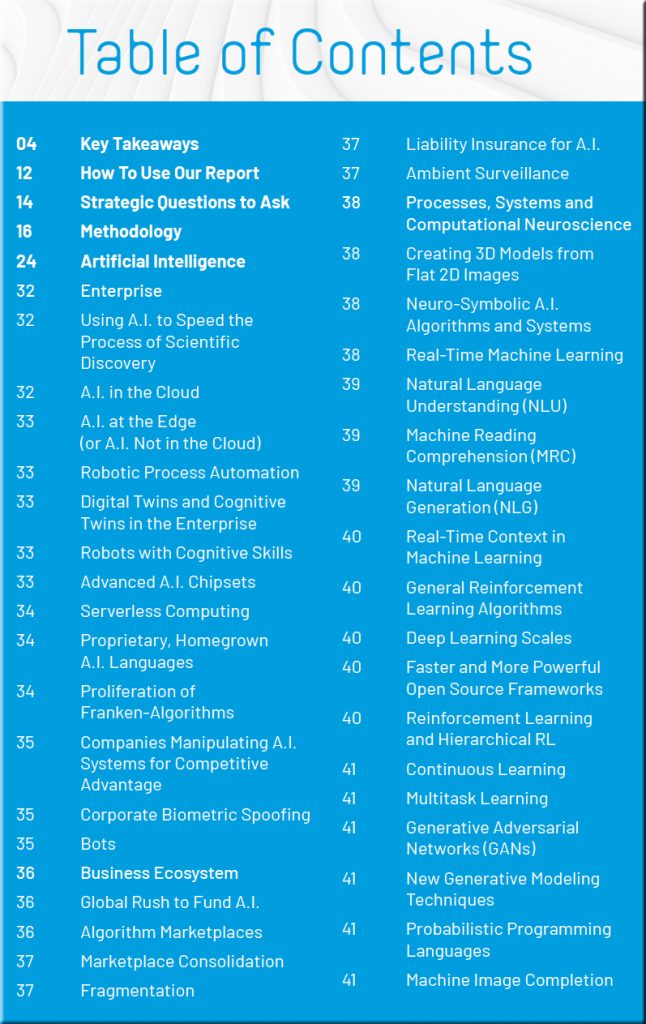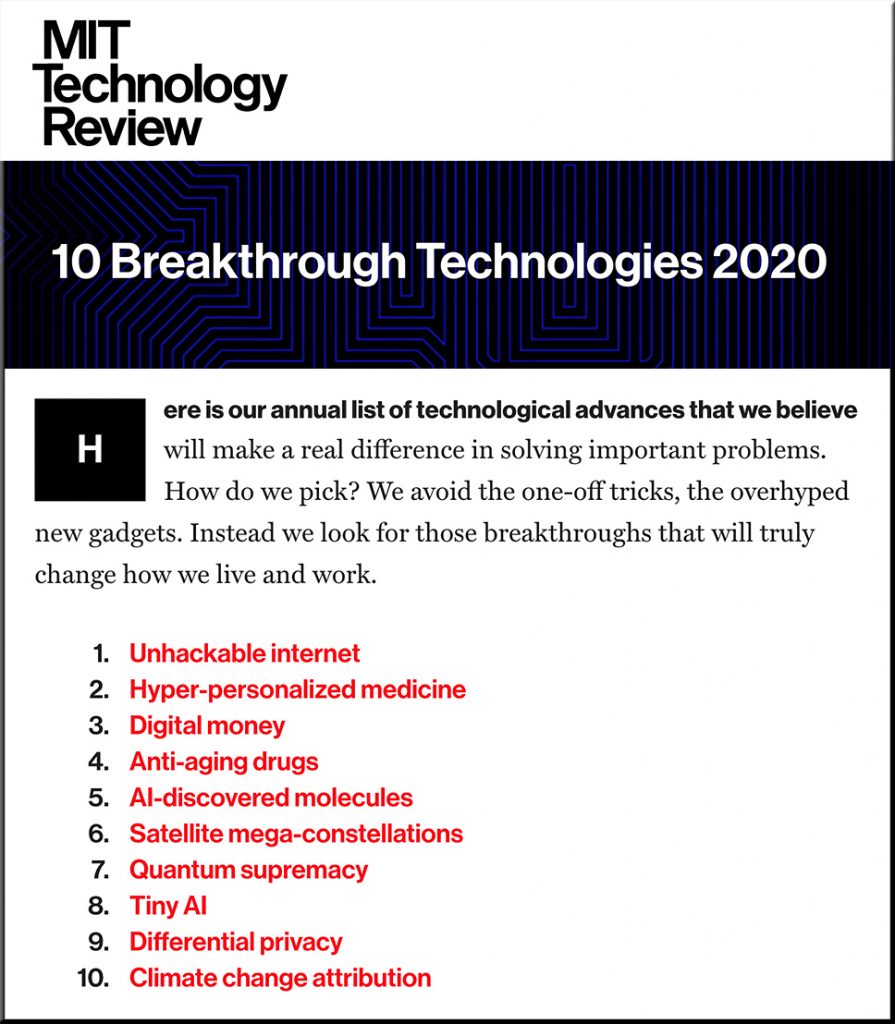From DSC:
I started today (Friday, April 10th) out by reading the Verse of the Day from BibleGateway.com — Romans 5:6-8 (NIV):
6 You see, at just the right time, when we were still powerless,
Christ died for the ungodly.
7 Very rarely will anyone die for a righteous person,
though for a good person someone might possibly dare to die.
8 But God demonstrates his own love for us in this:
While we were still sinners, Christ died for us.
It took me a while to grasp why Christians call this day “Good Friday,” as it represents one of the darkest days in history. “What’s so good about it?!” I often wondered. For we Christians believe that our LORD Jesus Christ had to knowingly go forth into a very hostile situation, upset the power structures of the day, and knowingly and willingly journey into His own torturous, pain-filled murder. A murder that would pay a price, a debt that He didn’t owe. He paid for that price for us…for our sins.. for me…for my sins. It was our/my debt to pay, not His.
And what’s more…Christ, hanging on the cross, experienced the feelings that God had forsaken Him. If you’ve ever had those feelings and that experience, it is a deep, dark, lonely place. Everyone else and everything else feels like a million miles away. It’s a place of being in one of — if not THEE — harshest deserts that life can throw at us.
“And about the ninth hour Jesus cried out with a loud voice, saying, ‘Eli, Eli, lema sabachthani?’ that is, ‘My God, my God, why have you forsaken me?’” (Matthew 27:46 and Mark 15:34)
But Jesus Christ did pay the price. He completed the work that He was sent to Earth to do. By doing what He did, Jesus Christ tore down the obstacles of us being in relationship with — and in direct communication with — our Heavenly Father.
So that IS good news. It’s because of what the LORD Jesus did on the cross that Christians say that this is a “Good Friday.”
Thank you LORD for YOU!
Thank you for your grace, courage, strength,
forgiveness, and for your extravagant love!
On this day we remember what you did for us.
And on Sunday, let us exclaim:











